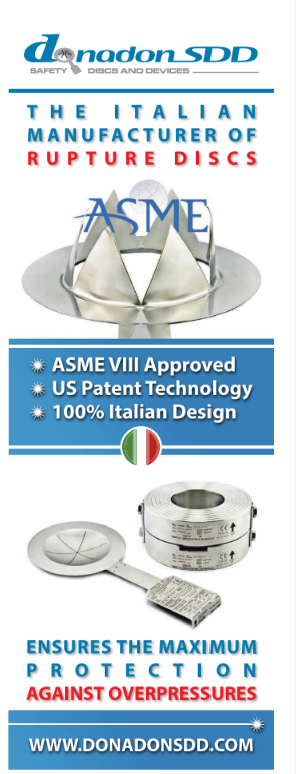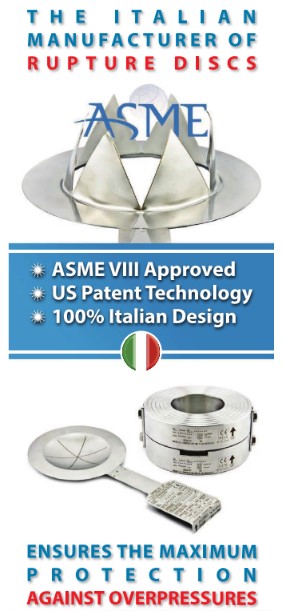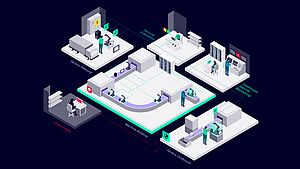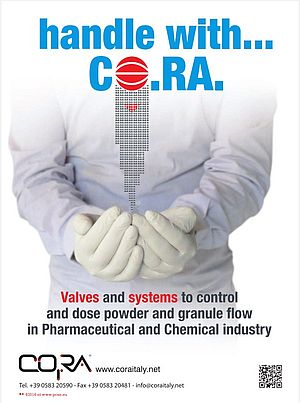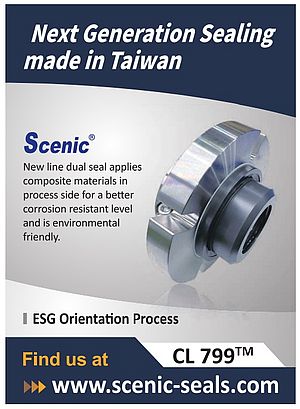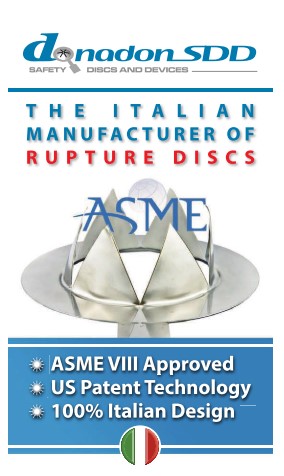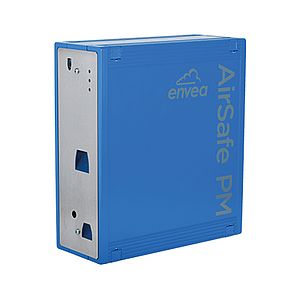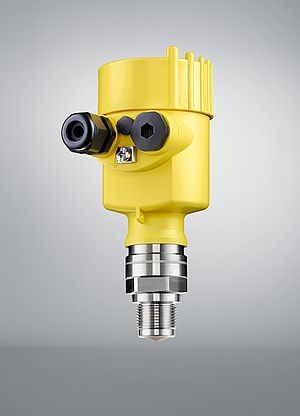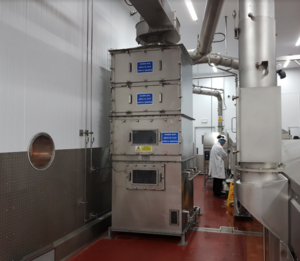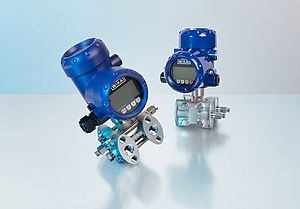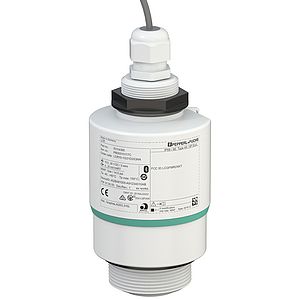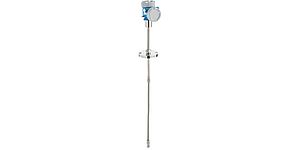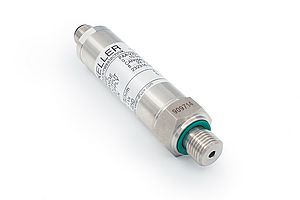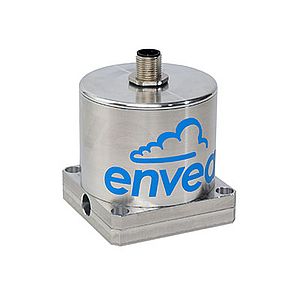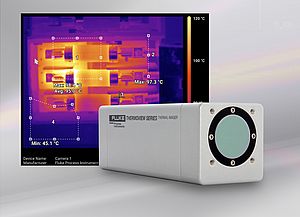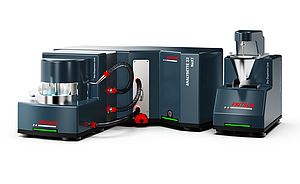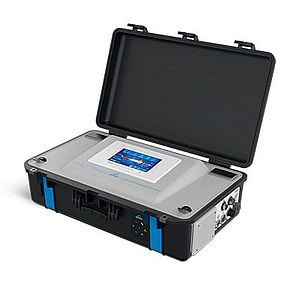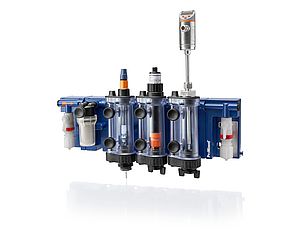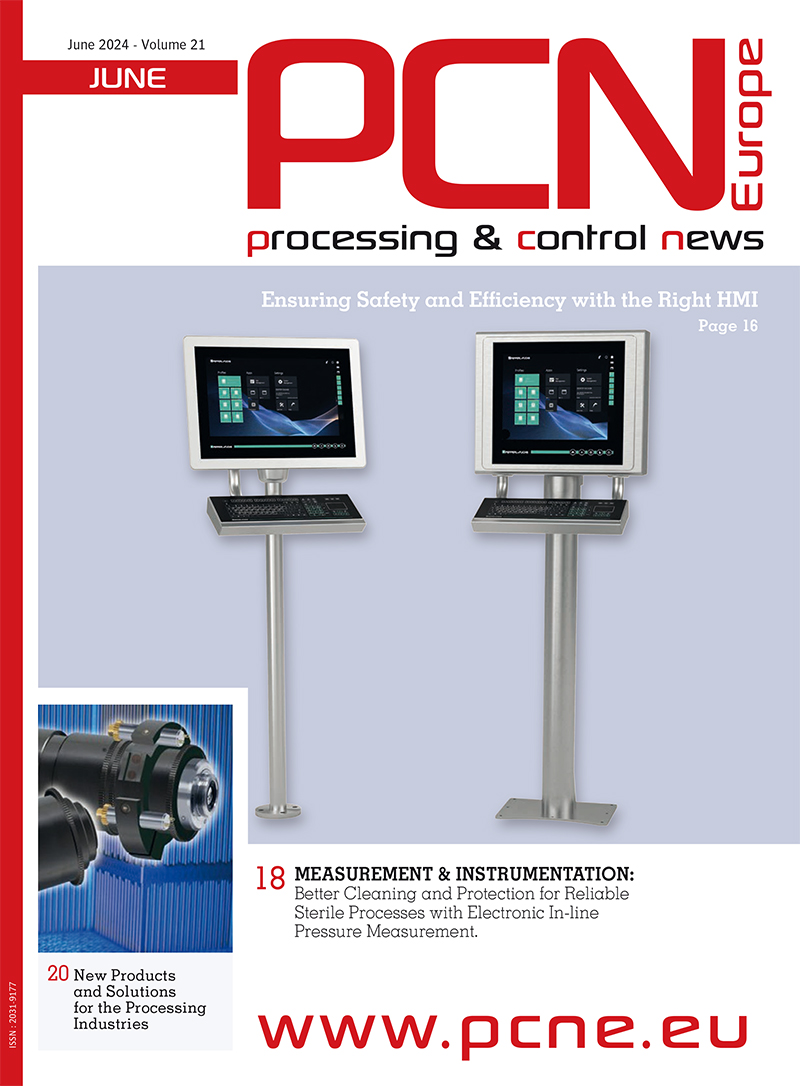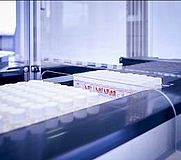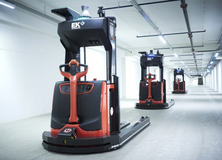BASF and Heidelberg University will continue to jointly operate the Catalysis Research Laboratory (CaRLa) for a further five years. The two partners signed an agreement to continue this successful research collaboration until 2028. Currently, 10 researchers are employed at CaRLa. Since the founding of the catalysis laboratory in 2006, more than 100 employees from 34 countries have been involved in the development of new processes for homogeneous catalysis and organic synthesis.
“Basic research in the field of homogeneous catalysis is important for BASF, as it helps us develop chemical processes that require less energy and generate less waste. CaRLa is thus an important cornerstone for us to achieve BASF’s sustainability goals,” said Dr. Helmut Winterling, President BASF Group Research. “At BASF, we have benefited in recent years from CaRLa’s broad expertise and research findings. We are therefore very pleased to continue our collaboration with Heidelberg University and our access to this chemical and technical know-how in the future.” Since 2015, 18 projects have been transferred to BASF research, where they are further developed for industrial applications. CaRLa therefore represents a successful collaboration between academic and industrial research.
“Going beyond the classic partnerships between science and industry, the concept of the CaRLa catalysis laboratory is based on close integration of the research fields. This accelerates the transfer of technology and knowledge into large-scale applications, which is particularly important given that society is facing the challenge of sustainable resource use. Another important building block of this collaboration is promoting new talent. Young researchers benefit from this collaboration within the framework of CaRLa because the knowledge relating to sustainability that they acquire can also be applied in their subsequent careers in industry or academia,” said Prof. Dr. Katja Patzel-Mattern, Vice-Rector Innovation and Transfer at Heidelberg University.
Chemical recycling and efficient production of bio-based plastics
To use raw materials more efficiently and reduce the CO2 footprint of products and production processes, CaRLa has in recent years intensified its work on new processes for the chemical recycling of plastic waste. One example is selectively breaking down polyurethane plastics into basic building blocks which can be recycled to form polymers (complete plastics) again. Besides the development of new processes for chemical recycling, the scientists are also working on catalysis systems for the efficient production of bio-based and biodegradable polymers.
CaRLa’s work has so far resulted in 104 academic papers published in renowned journals. Moreover, the catalysis laboratory has filed 41 patent applications since its founding.
From research to industry
CaRLa is an “Industry on Campus” project of Heidelberg University. With these projects – strategic collaborative research partnerships with companies located in the scientific hub of Heidelberg and the region – the university encourages the transfer of research results and scientific findings to business and industry. To accomplish this, the university establishes networks between basic research and application-oriented research by industry partners, thereby enabling the joint development of technological innovations.














